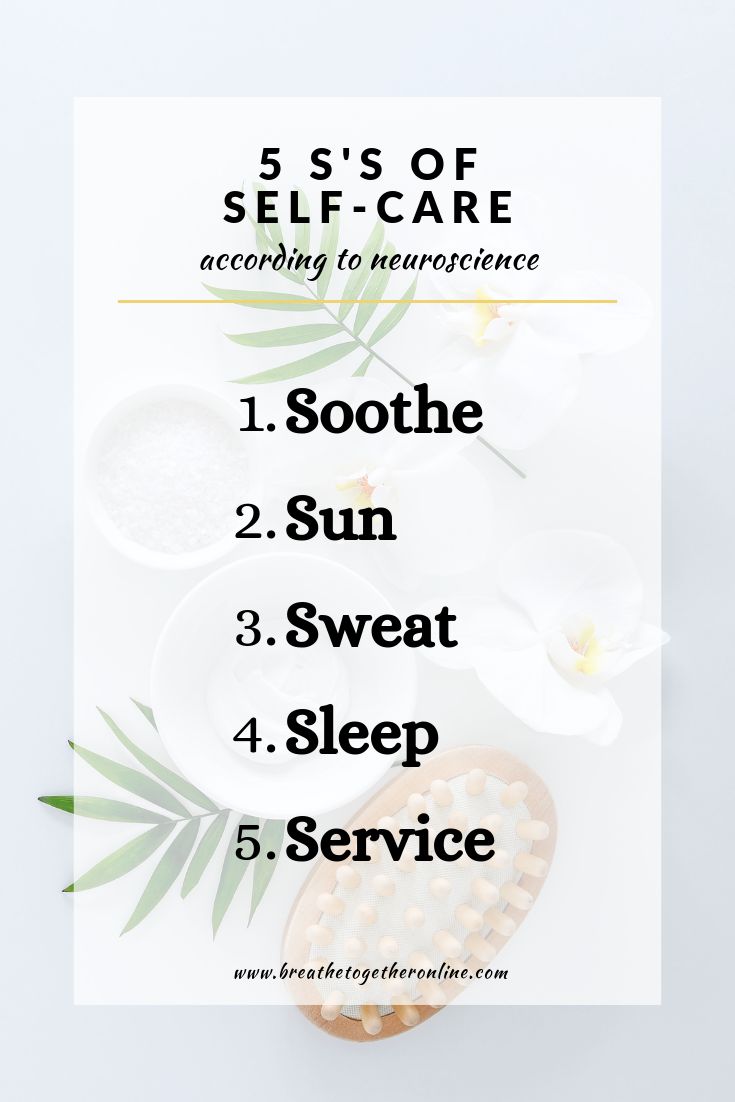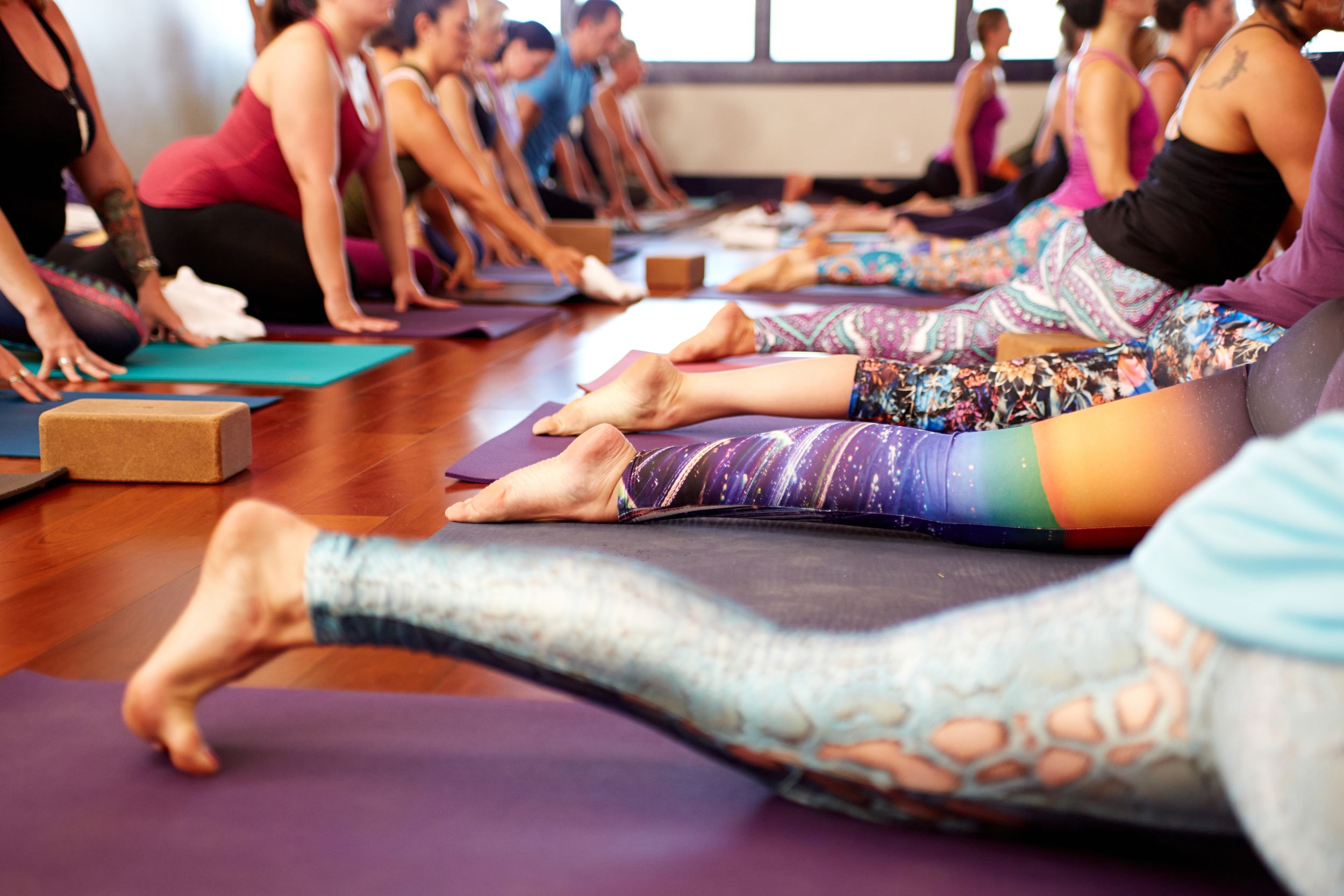There’s really no arguing that each one of us was born on this planet as a complete and inherently lovable human being. Nothing was lacking in us, no inner critic telling us we were doing it wrong. Yet, why do so many of us struggle to feel that we are good enough? Maybe in our early childhood, we felt somehow unworthy of our parent’s love, or we were picked last on our team, or we never quite met our own expectations.
Whatever the context, our minds can’t help but collude with these experiences, sending us all sorts of messages that we are not enough. As adults, we cope with our insecurities by overspending, overmedicating, playing small, and using others. If we’ve lived long enough, we can see that these strategies usually cause more suffering and lead to an even deeper sense that we are broken. The loneliness rises to the surface, even when we are sitting right next to the person who is supposed to be our insurance policy.
So, what do we do as grownups to reconcile who we really are with the traumas and dramas from our past? As someone who has spent a lot of time healing and supporting others in their growth, I’ve spotted two patterns that block us from deep, self-love. I’ve also discovered a few good solutions that might not be easy but are tried and true.
Pattern One: Idealizing Yourself
Idealizing ourselves is a form of perfectionism. It’s unhealthy pride that makes us feel separate from others. Here’s what it looks like:
- Believing we are above human experiences and emotions – we should know better and not feel the impact
- Believing we are better than others
- Putting others down
- Engaging in our isms (overworking, overspending, overfeeling, overusing, overthinking) to experience the intensity, or the high, rather than face ourselves
We can stop these harmful behaviors and attitudes by being vulnerable. Vulnerability is an act of bravery. Even with the uncertainty that we will be accepted, we begin to admit that life has indeed had an impact on us: our family life left a mark, our substance use got out of hand, our stinking thinking got us into a serious mess, etc. Sharing our true emotions allows us to learn about ourselves and feel a meaningful connection with others. If we can say these things out loud to someone else, they will probably let us know they are just like us, and we no longer have to feel alone. Vulnerability walks hand in hand with humility. When we humbly let our life speak for itself, we don’t need to brag. We trust that our light reflects on others, just as we see the light in them. We learn that gossip doesn’t actually make us feel better, it just drags us down. We could even get really radical and practice sympathetic joy, which is celebrating someone’s happiness as though it were our own. But you know, start where you are and remember it’s progress, not perfection.
Pattern Two: Devaluing Yourself
Devaluing ourselves is one of the many shadows of perfectionism. It says, “If I can’t be the very best, I’ll be the best at being the worst.” Here’s what devaluing looks like:
- Beating ourselves up for being human
- Being a doormat – letting others walk all over us
- Holding ourselves back from taking risks
- Focusing on what’s not working
- Engaging in our isms to avoid taking accountability
When we make mistakes or even regress into more primitive emotions, the opportunity to learn and grow becomes expansive. Emotional regression gives our adult versions the chance to nurture the parts of us that still need attention and care. As adults, we are more capable of naming our suffering, even in the throes of heavy feelings. Nurturing ourselves sounds like, “I finally get it. This is why I’ve felt pain all this time. It gets to be different now.” Loving ourselves like this starts to empower us to hold boundaries with others, so we can show them how to love us too. Saying no and asking for what we want/need allows us to experience more interpersonal joy. We stop tiptoeing around our true feelings and let others see who we are. A wellspring of gratitude begins to pour over our lives and we no longer feel the urge to hide. When we finally stop hiding, we can take accountability for ourselves, apologize promptly when we’ve made a mistake, and keep moving forward. We remember that we are good enough to be forgiven and lead a life worth living.
When we break up the cycles of idealizing and devaluing ourselves, we automatically feel our wholeness and connection to others. Instead of isolation, we experience solitude. Instead of codependence, we experience interconnection. This way of being leads to joy, creativity, purpose, and community. While it’s inevitable that we’ll fall back, as long as we remember we can begin again, we’ll know that real love is always possible. One day at a time.














